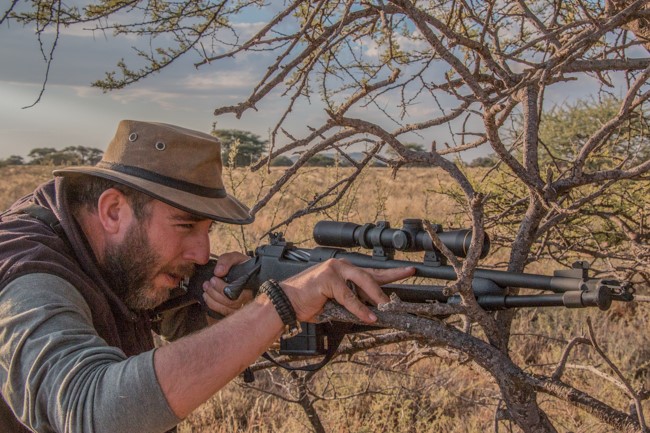Top 3 Reasons Hunters Miss
Richard Mann 07.03.17
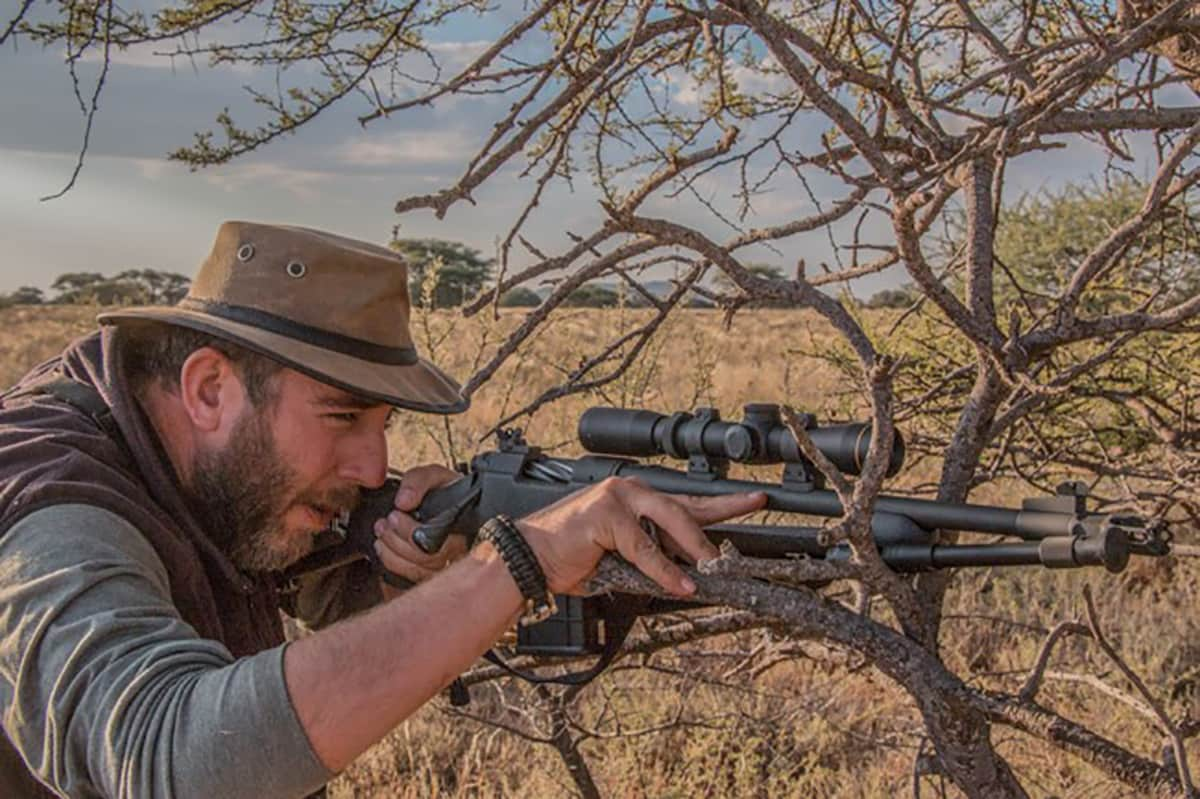
There can be many reasons hunters miss a shot at a big game animal — almost as many reasons as there are excuses. As arrogant as it might sound, I don’t miss all that often. It’s not because I’m Natty Bumppo — aka Hawkeye — or my rifle is the equivalent of his Killdeer; it’s because I avoid falling victim to the three most common reasons hunters miss game. (Shamefully, some younger hunters may not know the name Natty Bumppo — Google is your friend.)
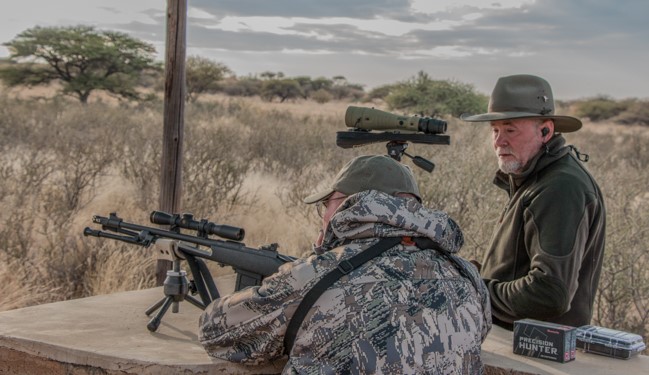
1. Taking shots you cannot make: The most common reason hunters miss game is because they take shots they aren’t capable of making. If you go to the range and can hit an 8-inch plate only four out of five times at a given range, from a given position, then that shot is beyond your capabilities. Why? Mostly because you can expect your best shot in the field to equal your worst shot on the range. A hunter has to know his or her limitations.
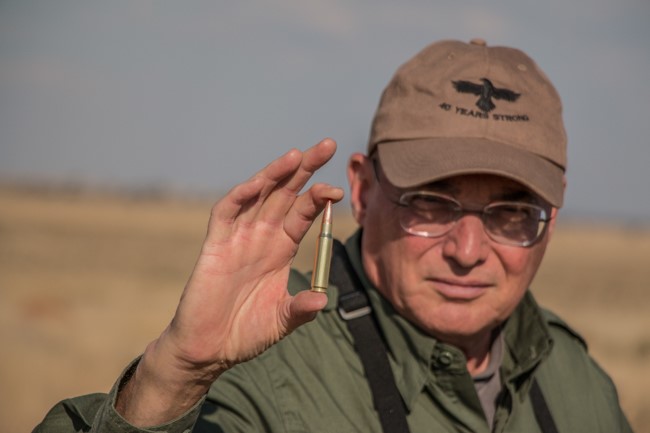
2. Failing to practice like you hunt: As hunters cycled through the Scout Rifle Safari with Fort Richmond Safaris just this past month, there first experience in Africa was a trip to the range. I’d arranged 8-inch steel plates out to 350 yards for the hunters to establish their limits. Most checked their rifle only from the bench, and they all shot very well. However, few actually got on the sticks or shot from field positions. And, talking with hunters at the fire ring each night — as some lamented the miss they had that day — I discovered none of them spent any time dry-firing each morning before the hunt. Keep in mind that it’s hard to find a benchrest in the field, and that dry-firing is a valuable exercise that is too frequently neglected.
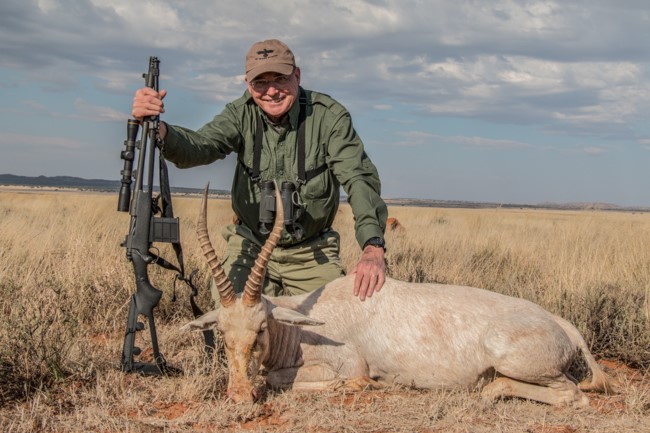
3. Stress: Hunting big game animals is exciting, and the stress of the encounter diminishes your fine motor skills. Controlling that stress is key to getting a hit, but that stress or adrenalin rush is also one of the things we hope to experience. Proper training and practice helps with nervousness and stress. When you get into a shooting position and you can say to yourself, “I’ve been here before and I know what I need to do,” your body responds by relaxing. It also helps if you can pick a spot — some say a hair — for an aiming point. Essentially, you need to turn the animal into a target. Concentrate on sight alignment . . . forget the horns, antlers, teeth, or the trophy . . . and focus on the basic fundamentals of shooting.
The good news is if you work to avoid these three common mistakes, your success in the field will improve. The bad news is there are no guarantees when it comes to shooting or hunting. With a professional hunter or guide looking over your shoulder, and with the animal of your dreams staring at you through your riflescope, sometimes the gravity of the situation is just too much to withstand, and you will miss. The key is to make an honest self-evaluation of that miss and then work to overcome your shortcomings.
I’ve missed before and I’ll miss again. When it happens, I’ll try to be honest and humble enough to realize it was my fault, because it always will be. After all, I am the one who pulled the trigger.
